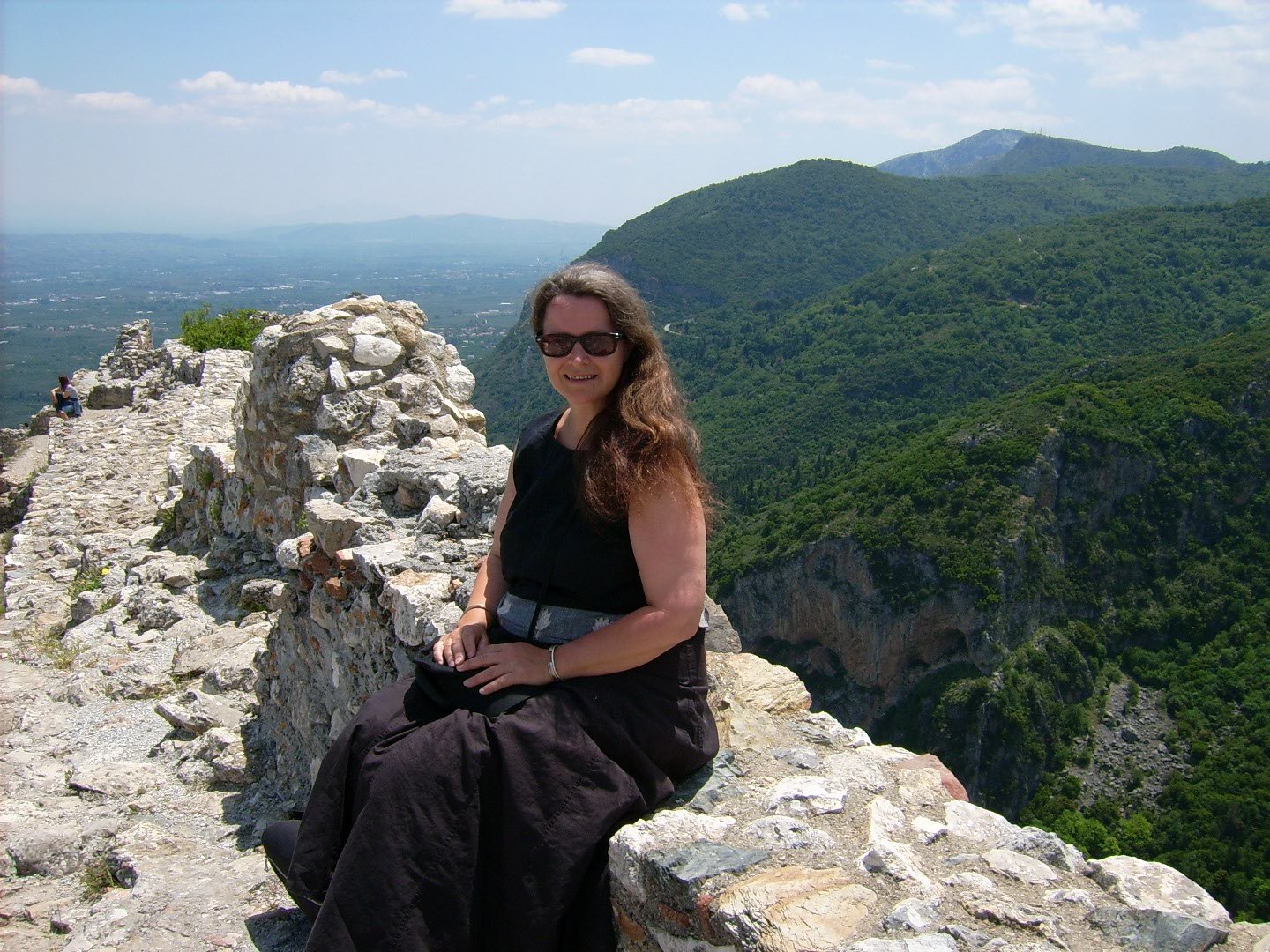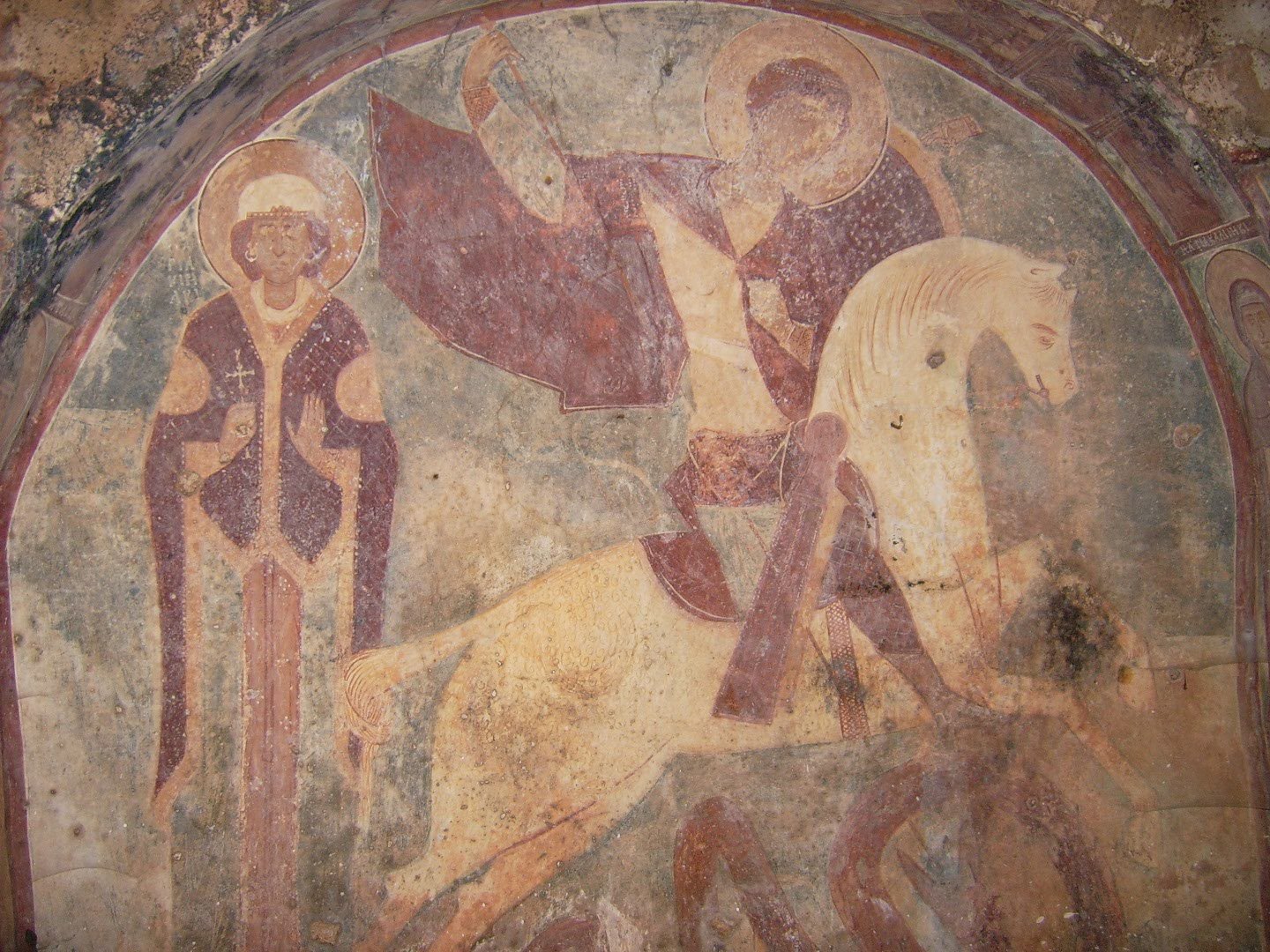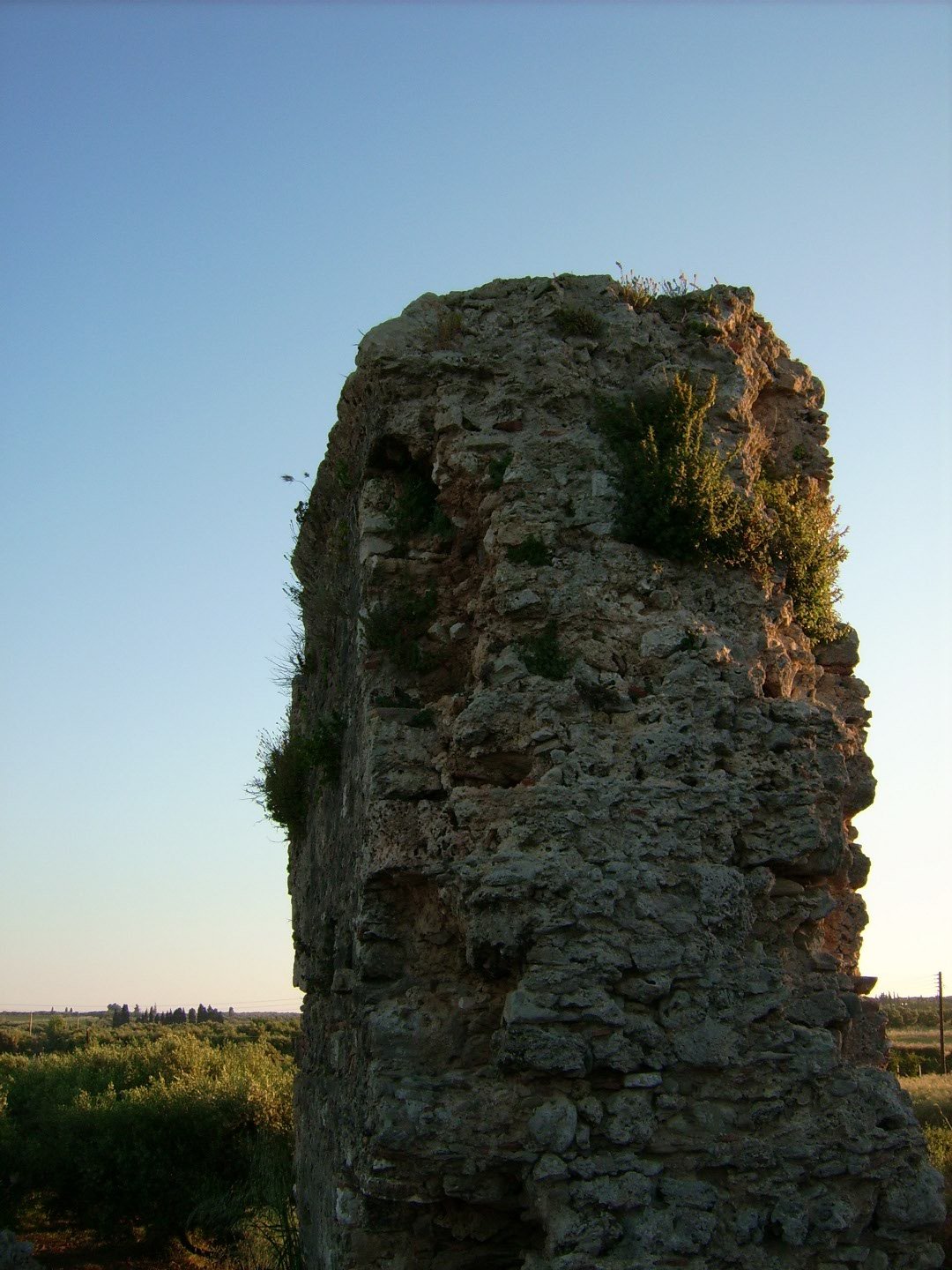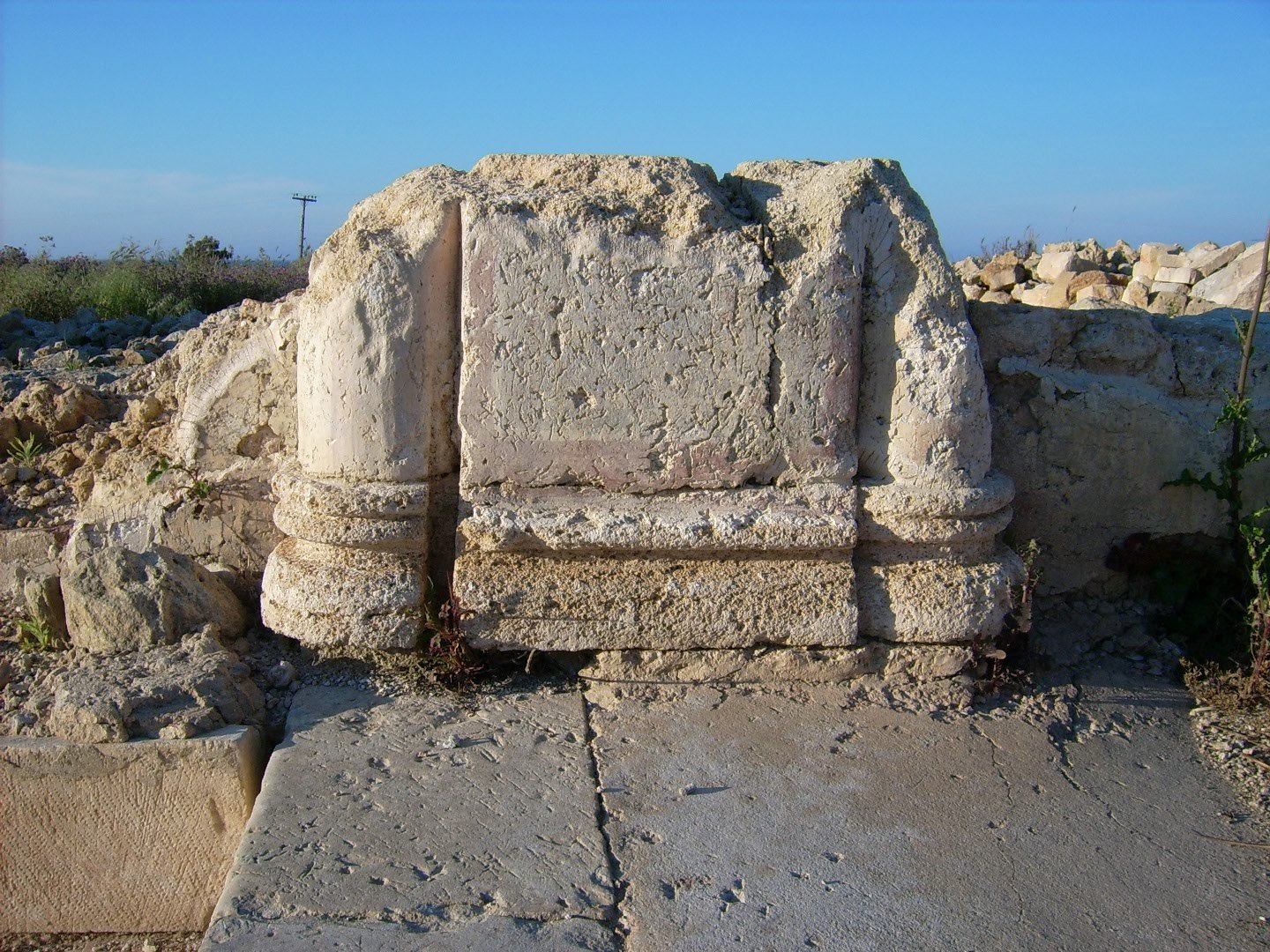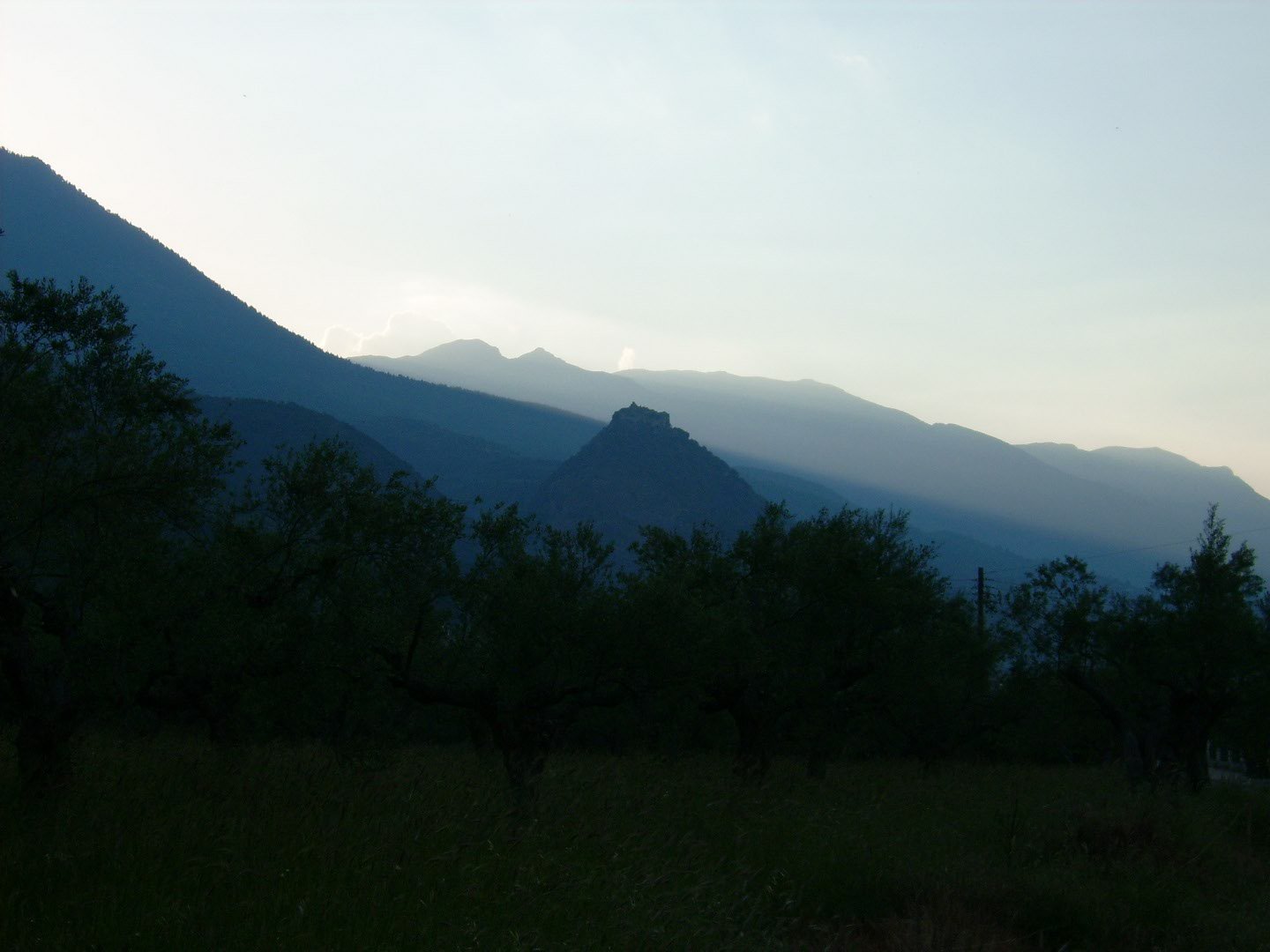Frankish Greece
In 1204, the troops of the Fourth Crusade conquered Constantinople, the ancient capital of what is now often called the Byzantine empire. The crusaders were largely French or Italian, while those they conquered were Greeks - again, in all cases using handy modern terms that aren’t really exact fits for the medieval period. Check out ‘Being Byzantine’ for more on this complicated issue. I’ll generally use the terms ‘Franks/Frankish’ for the conquering westerners and ‘Romans/Roman’ for the conquered locals.
Having conquered the imperial capital, many of the Franks stuck around to form a collection of new states on what had been the territory of the defeated empire. One of these states was the Principality of Achaia (also known as the Principality of the Morea) in the Peloponnese in Southern Greece. This is the three-fingered bit comprising the south of mainland Greece, below the gulf of Corinth.
Most of this area was conquered quite quickly in 1205 by Frankish forces under two knights from Champagne: Guillaume de Champlitte (who had taken part in the crusade) and Geoffroi de Villehardouin (who had ended up in the Peloponnese on his way back from the Holy Land). Some strong Roman locations hung on a while longer, with the almost-island city of Monemvasia holding out into the 1240s, but this did not stop the Principality becoming one of the most successful and wealthy of the new Frankish states. Guillaume de Champlitte went back to Champagne in 1209, and was succeeded by Geoffroi de Villehardouin and later his sons Geoffroi and Guillaume. (Yes, a dearth of names can make this bit of history quite confusing!)
We know a fair bit about the Villehardouin Principality because of one key and unusual source - the Chronicle of the Morea, a history of the Principality from its foundation through to various points in the fourteenth century. The Chronicle exists in no fewer than four medieval language versions - Greek, French, Italian and Aragonese Spanish - and this variety is witness to the cosmopolitan and contested history of the region at this time.
On this page, I will explore aspects of the Frankish Morea.



